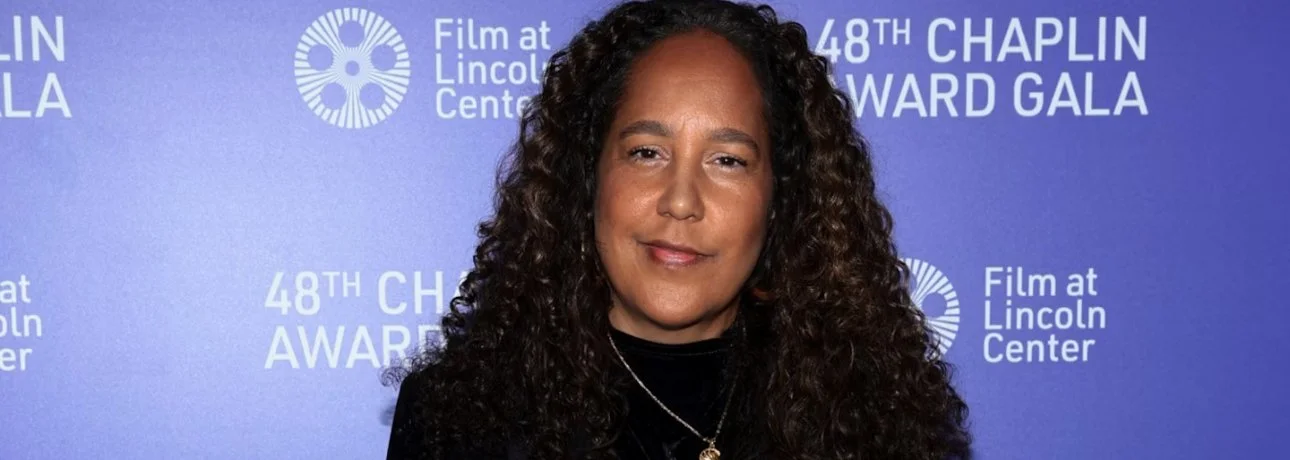Ahmir “Questlove” Thompson’s filmmaking debut, “Summer of Soul (…Or, When the Revolution Could Not Be Televised)” is the kind of documentary that can actually change the shape of how history is written. It presents to the viewer never-before-seen footage from the Harlem Cultural Festival or what is otherwise known as “Black Woodstock.”
Set in Bethel’s Farm on 124th Street, the Harlem-based fest was happening around the same time as Woodstock, during the summer of 1969. In that scorching heat, masses gathered at New York’s Mount Morris Park for a “celebration of African American musical and cultural expression.” The lineup of artists performing was filled with legends; Mahalia Jackson, The 5th Dimension, the Staple Singers, Sly and the Family Stone, David Ruffin, B.B. King, Gladys Knight & the Pip, Stevie Wonder.
The footage Thompson, a well-known musical historian, uses was shot on reel-to-reel video, but the restoration is absolutely sublime. Bringing to life the five decade old performances in ways I don’t think even Thompson imagined would be possible. There’s a vibrant immediacy to the footage that seeps through the screen and takes our breath away.
The highlights are endless; Stevie Wonder does a drum solo! Gospel queen Mahalia Jackson, whose health was deteriorating at that point, asks Mavis Staple to share the mic with her on-stage, Reverend Jesse Jackson gives a sermon about Martin Luther King’s, The 5th Dimension’s weird stage theatrics are exposed and so on.
Like much of the world, Thompson had never heard of the event until footage was shown to him in 2016. That kickstarted a passion project, as he went through hundreds of hours of footage and molded together the finished document. It’s not just the archival footage, Thompson tells multiple stories about each act, their importance and relevance to the Black musical experience. He manages to gather present-day reflections from the artists who were present at the event and fluidly edits them with their 1969 stage performances.
Looking back on the music event, and the sea of black faces who attended, the power of the footage presented isn’t just the sheer brilliant musicality on display. It’s also the fact that these were concerts by African Americans and for a primarily African American audience. That’s why the media ignored it for close to 50 years and thus, instead, documents such as “Monterey Pop,” “Gimme Shelter,” and “Woodstock” were preferred as the counter-culture classics.
Thankfully, very soon, we’ll be able to add “Summer of Soul” with those titles. It is an absolute triumph. Uncovering a time when black music was reshaping what white musicians would later be playing






